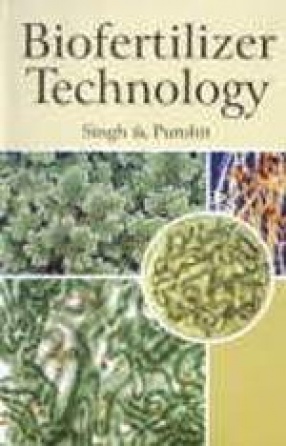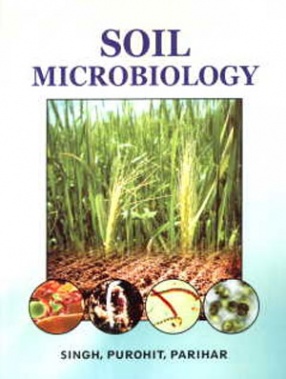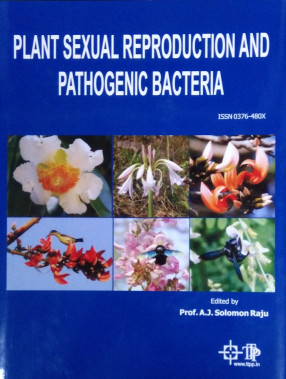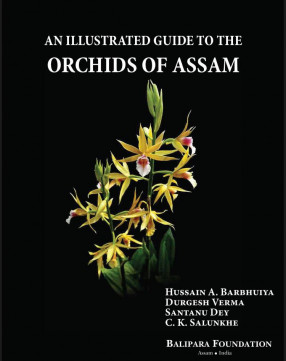Biofertilizer Technology
Synopsis
Biofertilizer is still an unclear term. It can be easily found that biofertilizers are identified as plant extract, composted urban wastes, and various microbial mixtures with unidentified constituents, and chemical fertilizer formulations supplemented with organic compounds. Likewise, the scientific literature has a very open interpretation of the term biofertilizer, representing everything from manures to plant extracts. However biofertilizer is most commonly referred to the use of soil microorganisms to increase the availability and uptake of mineral nutrients for plants. Therefore, it is necessary to define the term biofertilizer. There is a proposal that "biofertilizer be defined as a substance, contains living microorganisms which colonizes the rhizosphere or the interior of the plant and promotes growth by increasing the supply or availability of primary nutrient and/or growth stimulus to the target crop, when applied to seed, plant surfaces, or soil. Biofertilizers have definite advantage over chemical fertilizers. Chemical fertilizers supply over nitrogen whereas biofertilisers provide in addition to nitrogen certain growth promoting substances like hormones, vitamins, amino acids, etc., crops have to be provided with chemical fertilizers repeatedly to replenish the loss of nitrogen utilised for crop growth. On the other hand biofertilizers supply the nitrogen continuously throughout the entire period of crop growth in the field under favourable conditions. The name itself is self explanatory. The fertilizers are used to improve the fertility of the land using biological wastes, hence the term biofertilizers, and biological wastes do not contain any chemicals which are detrimental to the living soil. They are extremely beneficial in enriching the soil with those microorganisms, which produce organic nutrients for the soil and help combat diseases. The farm produce does not contain traces of hazardous and poisonous materials. Thus those products are accepted across the world as organic ones. Hence for organic farming the use of biofertilizers is mandatory. The galaxy of biofertilizers are many. For example phospho which releases insoluble phosphorus in soil and fix this phosphorus in clay minerals which is of great significance in agriculture. Similarly, rhizobacteria play important role in agriculture by inducing nitrogen fixings nodules on the root of legumes such as peas, beans clove and alfalfa. Azotobactor fixes the atmospheric nitrogen in the soil and make it available to the plants. It protects the roots from other pathogens present in the soil. Composter or decomposing culture breaks down any organic matter such as dead plants farm yard waste, cattle waste etc. thereby increasing the soil productivity. Vermicompost is 100% pure eco-friendly organic fertilizer. This organic fertilizer has nitrogen phosphorus, potassium, organic carbon, sulphur, hormones, vitamins, enzymes and antibiotics which helps to improve the quality and quantity of yield. Biocompost is eco-friendly organic fertilizer which is prepared from the sugar industry waste material which is decomposed and enriched of with various plants and human friendly bacteria and fungi. Biocompost consists of nitrogen, phosphate solubilizing bacteria and various useful fungi like decomposing fungi which protects the plants from various soil borne disease and also help to increase soil fertility which results to a good quality product to the farmers. Therefore, biofertilizers have for long witnessed shifting fortunes in agriculture.
Read more
65.70
59.13
$
73.00 $
Free delivery Wolrdwidе in 10-18 days
Ships in 1-2 days from New Delhi
Membership for 1 Year $35.00
Get it now and save 10%
Get it now and save 10%
BECOME A MEMBER
Books by the same authors









Bibliographic information
Tanuja Singh